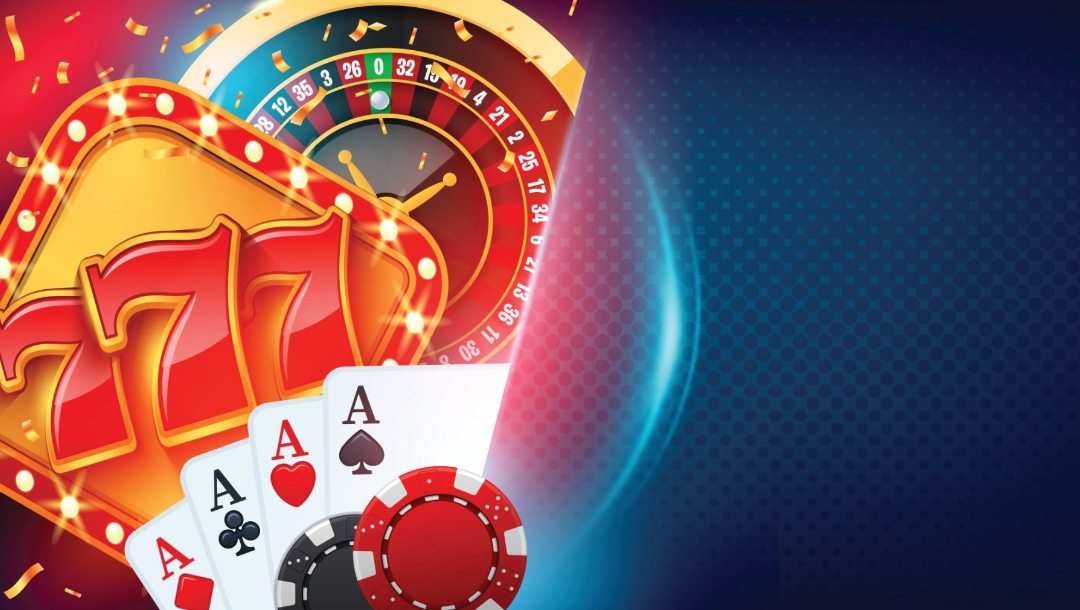
When we think of gambling activities, the initial images that frequently cross our minds are those of rotating roulette devices, card tokens clinking on fabric tables, and dice flying across a betting surface. While many consider these activities as mere pastimes fueled by luck, a deeper exploration reveals a fascinating blend of tactics, expertise, and community engagement that elevates them far beyond simple chance. Whether you are a seasoned player or a inquisitive newcomer, understanding the nuances of these games can greatly enhance your enjoyment and appreciation.
Gambling games have developed over centuries, with different cultures contributing to their rich backgrounds and different forms. From the intricate strategies of blackjack to the deception methods in poker, players engage in a contest of intellect as much as a risk on odds. This exciting interplay between luck and expertise creates a thrilling atmosphere that draws millions to casinos worldwide. As we explore the world of card activities, we will uncover the methods that can shift the odds in your advantage and the social aspects that make these games a favored choice for leisure and interaction.
A Approach of Casino Games
Table gaming frequently involve a mix of ability and chance, making them fascinating for participants who enjoy a test. Every game has their own set of rules and strategies that can influence the results. For example, in games like 21, participants are obliged to use strategies like counting cards and grasping the probabilities to make smart decisions. This skill set can greatly improve the victory potential, differentiating experienced participants from beginners who may depend entirely on luck.
Conversely, games such as the roulette may appear to be purely based on luck, but tactical thinking can also play into the equation. Players can choose between different betting strategies, such as the Martingale strategy, where they increase their wagers after losses. This method can create a more methodical way to the game. Grasping the odds of specific bets can also help participants make better decisions on the table, showcasing that even games of chance, tactics can enhance the experience.
Furthermore, poker is notable as a game that heavily emphasizes tactics. Unlike most gaming titles, the game of poker combines skill, mental acuity, and luck. Participants must also concentrate on the cards they are dealt but also take into account their rivals’ behavior and betting patterns. Mastering principles like position, pot odds, and reading bluffs is essential for success. This complexity of tactics in poker often leads to a more engaging encounter for players, where their decisions and abilities significantly impact the game’s outcome.
Comprehending Chance and Odds
In the realm of gambling activities, likelihood and odds hold a critical role in determining a player’s potential results. Every match has its own set of rules that dictate how the probability of succeeding or losing is measured. For example, in matches like blackjack, players have a chance to modify their odds through planning, whereas in matches like the wheel, the results are entirely governed by chance. Understanding how these chances are measured can significantly affect how a gambler approaches the game.
Ratios are typically presented in two forms: ratio and decimal. Fractional ratios represent the ratio of the sum gained to the sum bet, whereas numeric ratios show the overall payout for a winning wager, including the initial bet. For instance, if a game has odds of 5 to 1, this implies that for every one dollar staked, a player could gain five units if successful. Knowing how to read these odds allows players to evaluate their potential earnings and make more educated decisions during play.
Players should also be aware of the casino advantage, which is the casino’s inherent advantage over the players. Each match has a distinct advantage, and comprehending this concept is crucial for handling one’s expectations and budget. Activities with a reduced advantage, such as blackjack and chemin de fer, typically offer superior ratios for gamblers compared to games like slot machines and lottery. By recognizing the connection between probability, odds, and the house edge, players can enhance their gaming engagement and strategize more efficiently.
The Exciting Aspect of Casino Table Games
Casino games at gaming establishments are often seen as a hub of social interaction, bringing participants together in a collective experience that extends far beyond the mere act of playing games. The atmosphere at a poker table can be electric, with gamblers engaging not only with the game itself but also with one another. Laughter, cheers, and, occasionally, friendly banter create connections that improve the overall experience of the gaming experience. This communal aspect can turn a alone endeavor into a lively social event, making table games particularly enticing. iq88com.bet
One of the fascinating elements of gaming at tables is the way it fosters camaraderie among players. Whether it’s collaborating to defeat the dealer at a craps table or sharing stories between hands in a poker game, the environment encourages interaction. Participants often share tips or strategies, creating a sense of community that boosts the fun. This interpersonal atmosphere can make new gamblers feel welcomed and less daunted by the competitive nature of casino games. As the game continues, friendships may form, leading to a sense of belonging that keeps participants coming back to the table.
Moreover, the social aspect of gaming at tables extends beyond just the players. Dealers play a crucial role in encouraging interaction and maintaining the flow of the game. Their ability to engage gamblers with warm dialogue and their expertise in running the table can create an welcoming atmosphere. This connection between players and staff adds another layer of enjoyment, where gamblers feel connected not only to each other but also to the staff. Such interactions are often what make the experience memorable, as players leave with stories to tell and connections made, reinforcing the notion that gaming at tables are truly about more than just chance.
